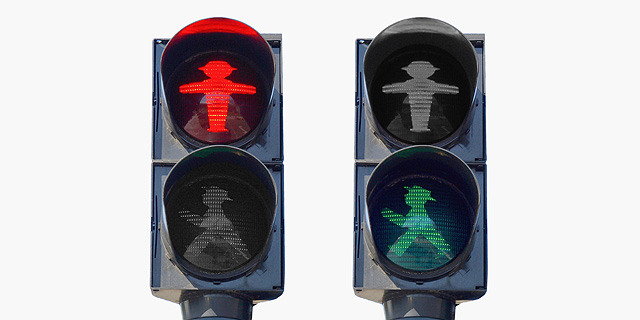
States should green-light individual risk scoring apps to help prevent Covid-19 spread
Resistance to tracking apps can be tackled by encouraging the use of voluntary risk assessment apps that transmit information to users while maintaining privacy
Resistance to surveillance apps is particularly strong in the democratic countries of the West. In the Far East, resistance is low, and the use of these apps in recent months (including in democracies) has led to a sharp decline in the number of infected people. For example, in China, entry into public places requires the presentation of a "green light" which represents a low probability of real-time infection, given the carrier’s previous own path and the environment.
Resistance to tracking apps in the West can be tackled by encouraging the use of "voluntary risk assessment" apps that transmit information to users while maintaining privacy. Such apps are likely to be popular if they help users save time and demonstrate their commitment to fight the virus.
To clarify the potential of carriers’ risk assessment apps, consider the example of nursing home workers. These workers are aware of the fact that if they are carriers of the Covid-19 virus, they can lead to the deaths of the people they treat. Of course, they want to avoid this tragic result and make it clear to others. Assume that employees have the option of installing an app that reliably and discretely calculates in real time the odds they are infected, displaying a "green light" when the odds are low, and help them obtain a quick test to return to the “green light zone”, or refer them to treatment when the odds are high. In our estimation, these employees would be happy to install such an application, and patients and their families will be happy to know that this is the case.
The example of nursing homes is particularly important, but not unique. We believe that many of us would be happy to know if they are likely to be infected, and it is important for them to go through a test. Even more importantly, most of us would like to know that our colleagues and people who give us service like medical personnel, and kitchen workers at a restaurant, make sure to check their condition. In fact, these re-assurance tools can jump-start the economy much faster than without such mechanisms.
The positive impact of voluntary risk assessment apps is likely to increase with the value that these apps provide to the users. We believe that governments should invest effort to increase this value. For example, they should consider the possibility of rules and regulations to help people with a green lights (in approved apps) save time while using public transportation, and give people with yellow or red lights priority in quick Covid-19 testing.
Professor Ido Erev is the President of the European Association for Decision Making and Vice Dean of the Faculty of Industrial Engineering and Management at the Technion. Dr. Oren Fuerst is a digital health entrepreneur with multiple Covid-19 related initiatives